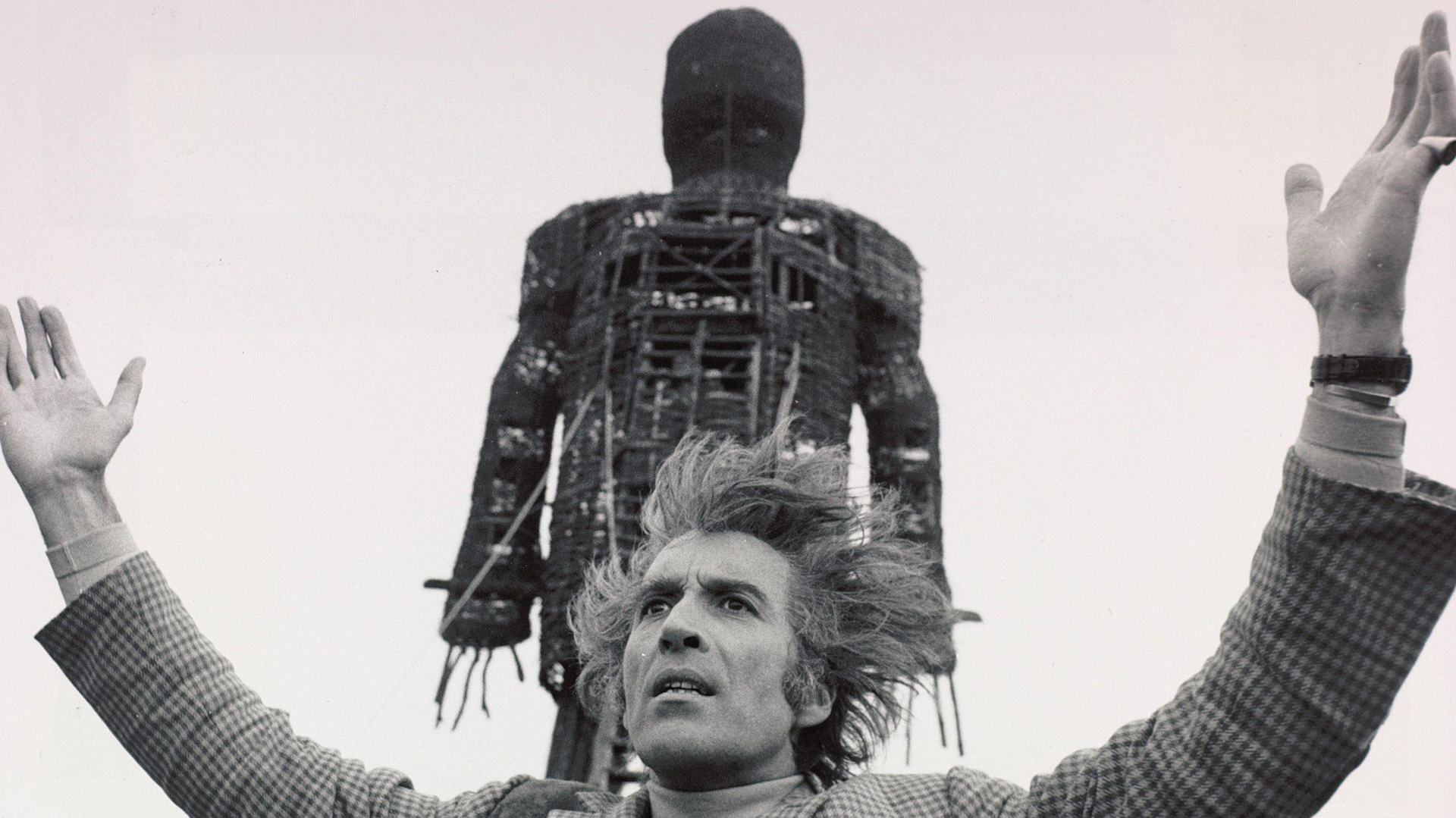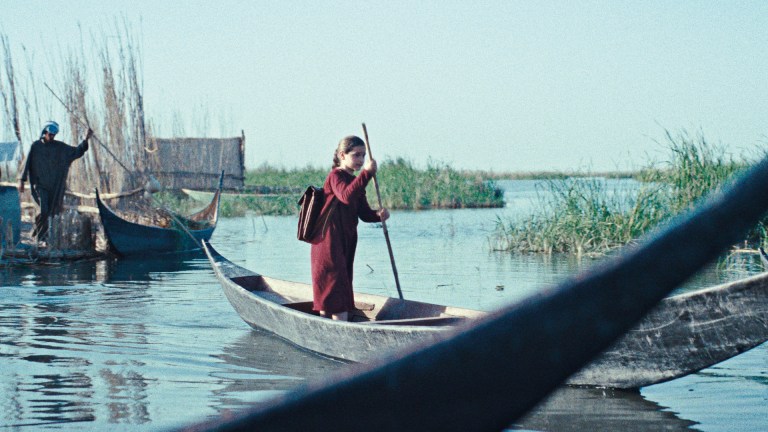Sunset on a remote Scottish island, and things are about to get freaky. Like the imposing thatched figure that dominates its final scenes, the much-garlanded folk-horror classic The Wicker Man casts a long shadow. If its initial 1973 cinema release was a compromised affair – director Robin Hardy’s film was hurriedly cut to function as a tight 90-minute amuse-bouche on a double-bill with Venice-set shocker Don’t Look Now – its reputation has grown ever since.
It helped, of course, that in the years before streaming and deluxe Blu-ray rereleases, this dark fairytale starring Edward Woodward as an uptight copper and Christopher Lee as a louche laird existed as the cultiest of cult classics, a near-mythical artefact surrounded by spooky whispers. Have you seen it? Did you understand it? Oh my god, that ending! These breathless incantations were all in keeping with its themes of ancient rites and rituals gleefully steamrollering the supposedly civilised affectations of the modern world. This was a film that seemed to throb with preternatural magic, a folk tale in and of itself. Some of that pungent mystique has since dissipated as The Wicker Man has become more readily available. The days of holding out for a university film society screening or trying to track down a grainy 1980s VHS taped off BBC Two’s Moviedrome have long gone.
Your support changes lives. Find out how you can help us help more people by signing up for a subscription
This week, the deeply strange procedural returns to cinemas for an early 50th-anniversary celebration cutely timed to coincide with the summer solstice. A 4K restoration of the film will be preceded by new interviews with surviving cast and crew and some live folk music, creating a suitably ritualistic vibe for a communal rewatch (host Edith Bowman may want to check the fine print of the contract to ensure her final sign-off is not required to come from within a giant wicker effigy as a production runner approaches with a flaming torch).
A midsummer screening might be at odds with the actual events of the film – Woodward’s prickly plod Sergeant Howie flies out to Summerisle ahead of the first of May, “the day of death and rebirth” – but still feels very much in keeping with The Wicker Man’s enduring pagan legacy.
Even 50 years later, it is hard to think of another film that creates such a woozy, semi-surreal atmosphere only to shatter it with a gut-punch ending. Sergeant Howie may not be particularly likeable – he is a dour, devout detective whose stuffiness is so ingrained he can resist the robust advances of a naked, prancing Britt Ekland – but this Scottish scold has an admirable single-mindedness.









